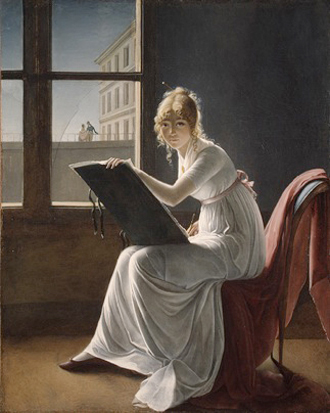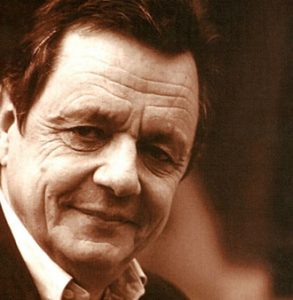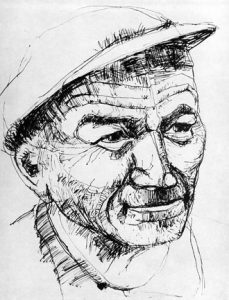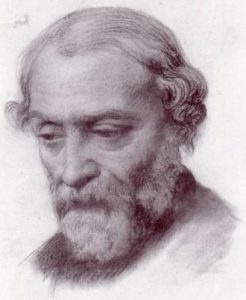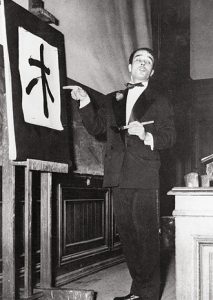Following in the wake of the Dada movement, the saying “Art is life and life is art” was a leitmotiv in the 1950s and 1960s. Wolf Vostell falls within the scope of this outlook with his Theater Is in the Street (1958), where he championed the active participation of the audience, which had hitherto ...
# 44 | Liberty, Equality, Sorority | Anne Lafont
Anne Lafont reexamines the aftermath of the French Revolution, where the imperatives of equality and liberty held sway, though not that of the “fraternity” that had also been inscribed within the program—at least not when it came to women. Even though the author is well aware that the category of the “modern” had long ...
# 43 | The Passions as Enigmas | Christophe Prochasson
How does the historian think passion? It was in the late 1970s that François Furet, the author of the already famous book Penser la Révolution française (Interpreting the French Revolution), introduced the notions of sentiment and affect in relation to his nineteenth-century predecessors, and in particular Alexis de Tocqueville. While for Furet it was ...
# 42 | Frans Masereel (1889-1972): Idealism in the Art of an Eyewitness to History | Olivier Van den Bossche
Frans Masereel was a Belgian artist whose engraving work has had a lasting influence on the genre. Such influence spread a bit everywhere and even as far away as China, where he had emulators as early as the 1930s, starting when his works were brought there clandestinely. Known for adding an acid stroke to ...
# 41 | Art and Equality in the German Democratic Republic | Jérôme Bazin
Jérôme Bazin has just completed his doctoral thesis on painting and the graphic arts in the German Democratic Republic from 1949 to 1990, which has been greeted as a quite new and quite complete study of a situation that remains problematic today. While, in present-day Germany, works produced in the past create a sense ...
# 40 | Democratic Art in Action | Philip Nord
We know of Philip Nord’s impressive work on twentieth-century France, but less well do we know of his interest in art. Here, he takes two examples drawn from different eras–late nineteenth-century Impressionism and the post-1945 decentralization of French theater—in order to clarify the terms and conditions for “democratic art.” Such art, which broke with ...
# 39 | Passion for Philosophy and Passion for Equality in the Age of the Enlightenment | Stéphane Van Damme
Stéphane Van Damme, whom we admire for his works on the Age of Enlightenment, has reread for us the work of Tocqueville, a man who, in his love for individual freedom, mistrusted equality. Van Damme helps us to understand how, between the scientific revolutions of the seventeenth and the nineteenth centuries, positions on equality ...
# 38 | The Equal of History | Thomas Schlesser
In art, the question of equality is posed in many different ways. Thomas Schlesser, whose excellent books on the nineteenth century we are familiar with, returns here to the artist’s propensity to vie with history. Through the case of Paul Chenavard, he offers us an example of an egalitarian and spiritual dreamer who wanted ...
# 37 | The Artist as Teacher | Antje Kramer
We know Antje Kramer because of her thesis on Les Nouveaux Réalistes en Allemagne (1957-1963) (The New Realists in Germany, 1957-1963), forthcoming from Presses du Réel. Here, she studies the figure of the artist as teacher in the 1960s and 1970s through the writings and actions of Yves Klein, George Maciunas, Friedensreich Hundertwasser, Wolf ...
# 36-1 | An Elitist Aesthetic for Everyone | Agnès Callu
Under the heading of the battles led in favor of equality for all in cultural matters, the name of Gaëtan Picon may be mentioned, as we are told by Agnès Callu, the author of a dissertation about this man, one of “history’s vanquished.” Picon is said to have consistently tried to impose an elitist ...

